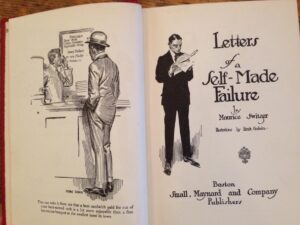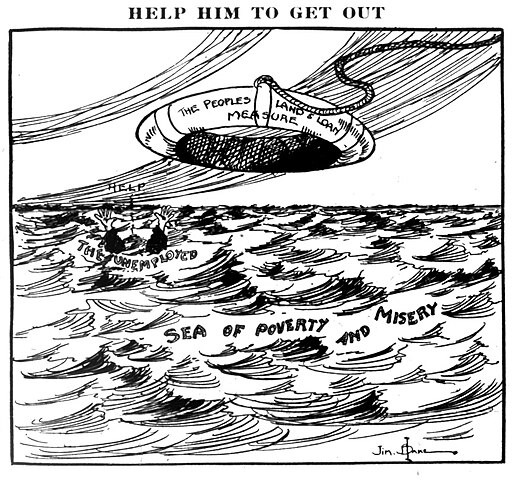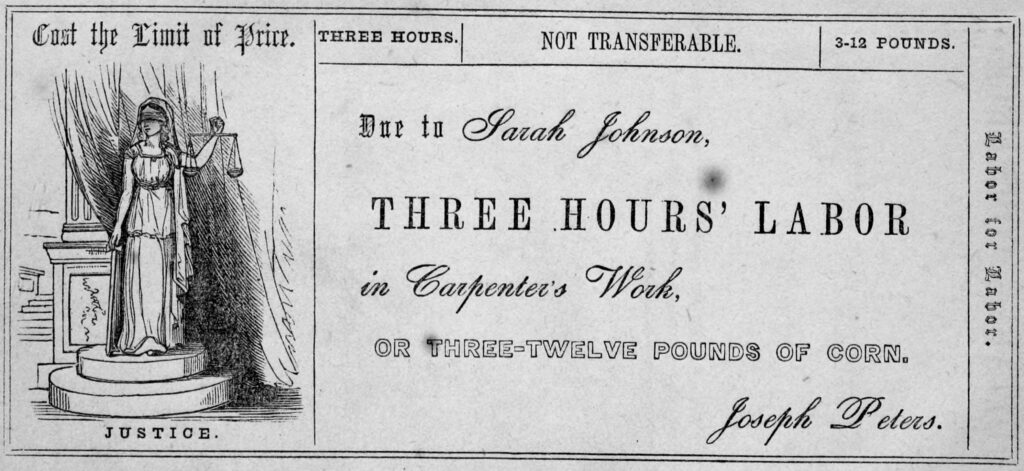
It’s always nice when a comrade remembers you on your birthday.
To be sure, when the socialists at Jacobin magazine published Akil Vicks on “the hardened individualism of Ayn Rand” the day the author of Capitalism: The Unknown Ideal would have turned 118 (“There’s No Such Thing as a ‘Self-Made Man,’” February 2), they probably didn’t have in mind NYU Marxist professor Bertell Ollman’s description of Rand as “a comrade of Marx, methodologically speaking.”
Despite the obvious differences between Karl Marx’s The Communist Manifesto and Rand’s capitalist manifestos, Ollman highlights the common attention to social context. The writer Vicks sees as epitomizing “isolating notions of individual ‘grit’” was not, as Vicks implies, unaware of the notion of “finding intellectual and emotional fulfillment as part of a community.”
Although the community of Galt’s Gulch in Atlas Shrugged would not appeal to many socialists, Rand’s The Fountainhead was among the inspirations for socialist psychologist Abraham Maslow. He cited that novel as a source for the insight that “the most stable and therefore most healthy self-esteem is based on deserved respect from others rather than on external fame or celebrity and unwarranted adulation.” The “self-actualization” atop Maslow’s pyramid of needs was not self-isolation.
Vicks doesn’t directly mention Rand’s fiction as examples of “bootstrap narratives.” (A term also presumably not a nod to Robert Heinlein’s “By His Boostraps,” whose protagonist is indeed a “self-made man” via encounters with his own time-traveling future self.) Instead, it refers to supposed Rand influences like what fellow Jacobin contributor David Sirota calls the “tale of [Michael] Jordan as Rand’s Atlas, who easily lifts the weight of the entire sport of basketball on his shoulders” — and that anyone sufficiently determined could step into Jordan’s Air Jordans. (Other Jacobin contributors have pointed out that millionaire athletes are paid a minuscule fraction of the billions their skills generate — much of which further enriches billionaires.)
Yet Rand’s nonfiction showed a clear understanding that real individuals weren’t omnipotent. In the 1972 essay “What Can One Do?,” Rand observed that it was just as much “an impossible goal” to “perform instantaneous miracles” in “the realm of ideas” as “to stop an epidemic overnight, or to build a skyscraper single-handed.” Even the most talented physician could only “treat as many people” as possible, and might do so in “an organized medical campaign.”
Emma Goldman, currently juxtaposed with the denunciation of Rand through the banner ads on Jacobin‘s website, found “the greatest social possibilities” in forerunners of Rand’s individualist philosophy like Friedrich Nietzsche and Max Stirner, concluding that “only when the [individual] becomes free to choose … associates for a common purpose, can we hope for order and harmony out of this world of chaos and inequality.”
New Yorker Joel Schlosberg is a senior news analyst at The William Lloyd Garrison Center for Libertarian Advocacy Journalism.
PUBLICATION/CITATION HISTORY


